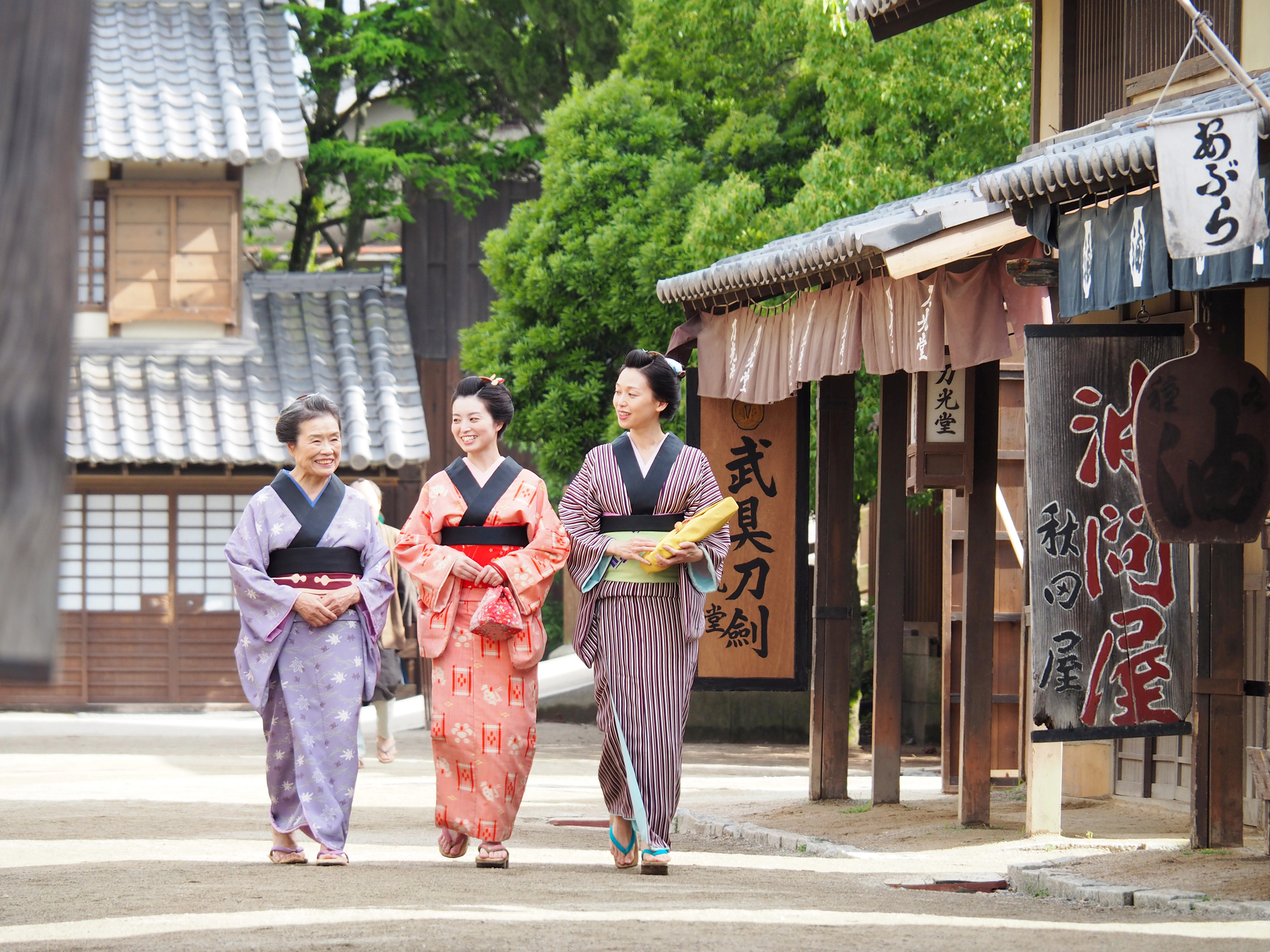Mukashi-wa baiku-ni notte yoru-no haiuē-o tsuppashitte-ita-n-da. (Back in the old days I used to ride my motorbike down the highway at night.)
Situation 1: Mr. Sere and his senior colleague Mr. Ueno are chatting about a motorbike during their break.
上野: 昔はバイクに乗って夜のハイウェーを突っ走って いたんだ。


















With your current subscription plan you can comment on stories. However, before writing your first comment, please create a display name in the Profile section of your subscriber account page.